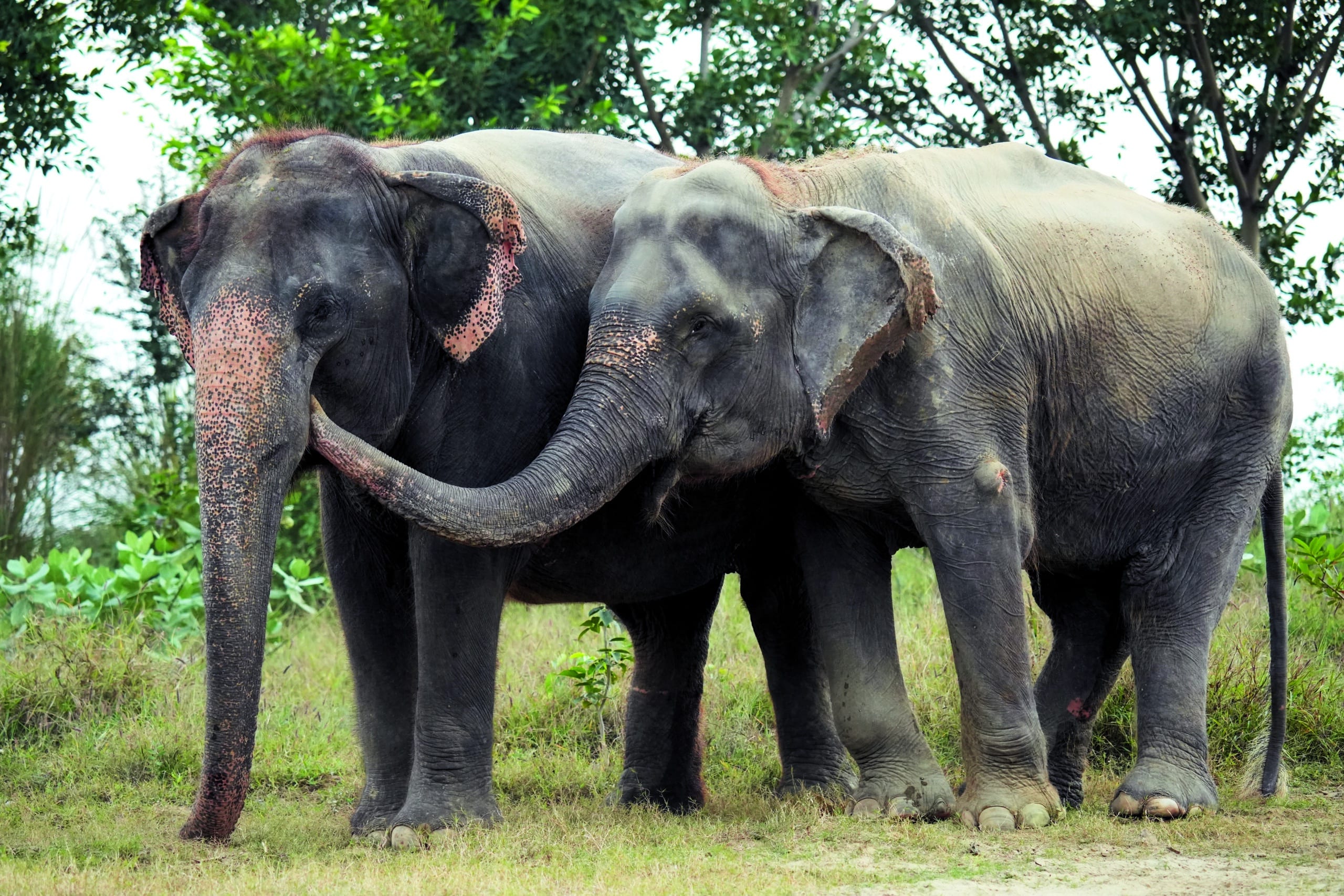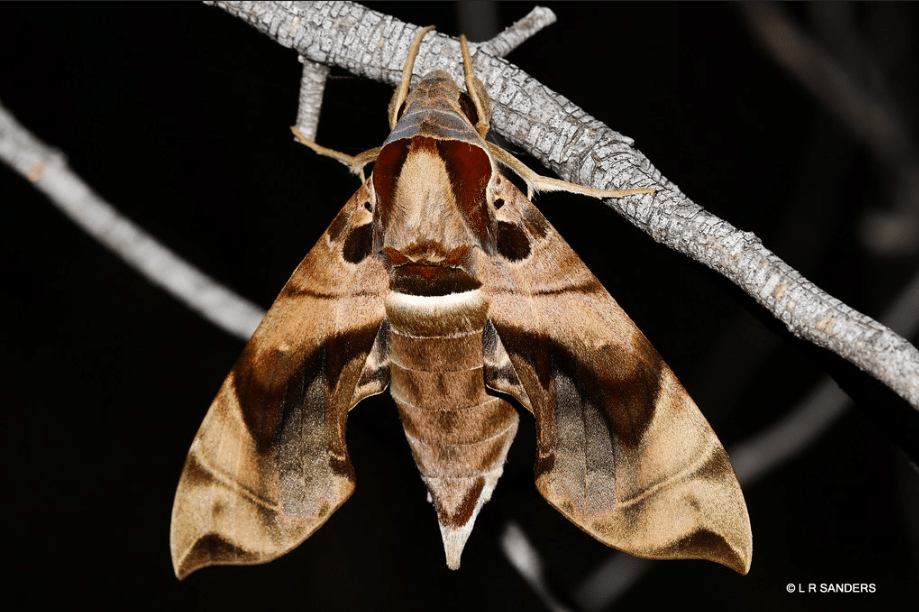You might remember Kalpana—I am happy to report that this year she celebrates her fifth rescue anniversary at Wildlife SOS. Formerly exploited and abused as a ‘begging’ elephant in Uttar Pradesh, Kalpana was rescued in 2019 and brought to the Wildlife SOS Elephant Hospital Campus (EHC) in Mathura for comprehensive...
A colossal global effort is underway to defeat illegal poachers imperilling elephant and rhino species. On the ground in Africa, brave rangers patrol reserves protecting elephant and rhino strongholds from poaching militia. Conservation organisations like ours campaign relentlessly for tougher law enforcement to police the poaching networks and trade routes. We deploy demand reduction campaigns in market countries like Vietnam and China and defend the prohibition on international trade in ivory and rhino horn at the Convention on International Trade in Endangered Species (CITES). Distressingly, despite the strenuous global efforts of governments, communities and conservationists, corruption and loopholes abound, and elephants continue to be slaughtered for their ivory.
To beat the poachers and fend off extinction, it is essential that the entire international community pulls their weight and that every loophole is closed. One major loophole has been poor regulation of domestic trade in ivory and rhino horn once ivory has entered a country illegally, which enables laundering of illicit ivory products. This is where Australia is being asked to do its bit.
CITES has asked all countries with domestic elephant ivory markets to close them down – this includes Australia. There have been two resolutions exhorting countries to close their domestic ivory markets at CITES in 2016[i] and 2019[ii] and one at the UN General Assembly in 2017[iii]. And CITES is expecting countries to report back to its Standing Committee on their progress in October 2020. At the latest CITES meeting in Geneva in August the Australian Government delegation, under the leadership of Federal Environment Minister, the Hon Sussan Ley MP, gave that commitment. The Minister put it on the agenda for her meeting with the nation’s state and territory environment ministers on Friday 8 November—seeking their cooperation in fulfilling the commitment.
Shutting down these loopholes comes not a moment too soon. Approximately 20,000 African elephants are being poached each year for their ivory tusks and the population has tumbled. Latest figures suggest that between 2007 and 2014, the elephant population in Africa declined by 30% with the total number of elephants remaining estimated to be about 352,271[iv]. Rhinos are in even more limited numbers with the total population of all five rhino species at less than 30,000 individuals. Poaching takes a heavy toll with more than 9,200 rhinos killed since 2006.
An Australian domestic ban on ivory and rhino horn trade will see Australia join the United States, China, the United Kingdom, Hong Kong SAR, Taiwan, Singapore, France, Belgium, Israel, New Zealand and others who have already closed, or are in the process of closing, their domestic markets. It will also respond to the call from the 32 range country membership of the African Elephant Coalition for a global ban on the ivory trade and the closure of domestic markets[v] and an IUCN Resolution calling for “…governments globally to close their domestic markets for elephant ivory as a matter of urgency” adopted at its World Conservation Congress in 2016[vi].
In 2018, an Australia Joint Parliamentary Committee Inquiry examined this issue. It noted some challenges to regulating domestic trade with our federal system but recognised that there is definite scope for states and territories to work together either through the States devolving their powers to the Commonwealth or through a national agreement to introduce uniform State and Territory laws. It was noted that a similar approach was taken to restrict firearms in Australia under the National Firearms Agreement.
International limitations on trade in elephant ivory have recently seen a displacement to other sources of ivory, in particular hippopotamus (Hippopotamus amphibius) teeth. Any domestic ban on ivory and tusks should ban trade in all non-elephant ivory to avoid unintended consequences on other at-risk species and to prevent deliberate confusion in order to disguise elephant ivory. There is even a strong argument to ban trade in extinct woolly mammoth ivory as more and more skeletons are exhumed from melting permafrost and it is also used as a front for illegal elephant ivory.
So, with poaching rates at such alarming levels and the October 2020 deadline from CITES, the Commonwealth, states and territories need to move swiftly. On the 8 November 2020 the nation’s environment ministers agreed the following:
There was agreement that all jurisdictions would identify appropriate mechanisms to eliminate domestic trade in ivory and rhinoceros horn, including working with relevant trading houses. Ministers agreed to write to make a submission through the Commonwealth’s review of the EPBC Act.
Humane Society International will stay on their case.
Nicola is our Head of Campaigns in Australia and has twenty-five years of experience campaigning in the Australian and international animal protection movements. She first joined HSI in 1998 and has spent a total of 15 years with the organisation. She has also spent time working in the NSW parliament as a policy advisor to an upper house MP and spent three years with World Animal Protection.
[i] CITES Resolution Conf. 10.10 (Rev. CoP17) https://cites.org/sites/default/files/document/E-Res-10-10-R17.pdf
[ii] CITES CoP18 Com. II Rec. 9 (Rev. 1) https://cites.org/sites/default/files/eng/cop/18/Com_II/SR/E-CoP18-Com-II-Rec-09-R1.pdf
[iii] United Nations General Assembly Resolution 71/326. Tackling illicit trafficking in wildlife, 11 September 2017 A/RES/71/326 https://www.un.org/en/ga/search/view_doc.asp?symbol=A/RES/71/326
[iv] Chase MJ, Schlossberg S, Griffin CR, Bouché PJC, Djene SW, Elkan PW, Ferreira S, Grossman F, Kohi EM, Landen K, Omondi P, Peltier A, Selier SAJ, Sutcliffe R. 2016. Continent-wide survey reveals massive decline in African savannah elephants. PeerJ 4:e2354 https://doi.org/10.7717/peerj.2354
[v] African Elephant Coalition, 2018 Addis Ababa Communique https://www.africanelephantcoalition.org/wp-content/uploads/2018/09/Addis-Ababa-Communiqué_FINAL_EN_3June-2018.pdf
[vi] IUCN WCC 2016 Res 011 https://portals.iucn.org/library/sites/library/files/resrecfiles/WCC_2016_RES_011_EN.pdf
Image credit: Chris Searle


